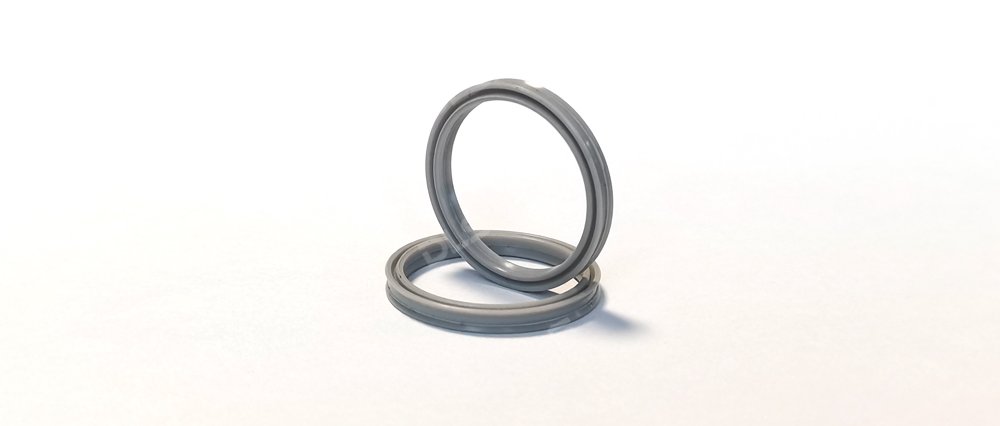Rubber seals play a crucial role in a wide range of engineering applications, offering versatile solutions for various sealing needs. From automotive to aerospace industries, rubber seals are indispensable components that ensure efficiency, reliability, and safety in complex systems. In this article, we delve into the versatility of rubber seals and their importance in modern engineering solutions.
Automotive Engineering: Rubber seals are extensively used in automotive engineering to prevent leaks and maintain optimal performance in engines, transmissions, brakes, and other vital components. They provide effective sealing against fluids, gases, and contaminants, enhancing the durability and efficiency of vehicles.
Aerospace Applications: In the aerospace industry, where precision and reliability are paramount, rubber seals are employed in critical areas such as aircraft engines, hydraulic systems, and cabin pressurization systems. These seals withstand extreme temperatures, pressures, and environmental conditions, ensuring the integrity and safety of aerospace equipment.
Industrial Machinery: Rubber seals find wide application in industrial machinery, including pumps, compressors, valves, and hydraulic systems. They offer excellent sealing properties, reducing friction, wear, and downtime in industrial operations. Moreover, rubber seals contribute to energy efficiency and environmental sustainability by preventing leaks and minimizing fluid wastage.
Renewable Energy: With the growing focus on renewable energy sources such as wind and solar power, rubber seals play a crucial role in sealing components in wind turbines, solar panels, and other renewable energy systems. They provide reliable sealing against harsh weather conditions, dust, and moisture, ensuring the long-term performance and reliability of renewable energy infrastructure.
Marine Engineering: In marine applications, rubber seals are utilized in ship engines, propellers, pumps, and seawater systems to prevent corrosion, leakage, and contamination. Marine-grade rubber seals offer exceptional resistance to saltwater, chemicals, and UV radiation, prolonging the service life of marine equipment and vessels.
Medical Devices: Rubber seals are also integral components in medical devices and equipment, providing hygienic and aseptic sealing solutions in healthcare settings. They maintain the integrity of medical instruments, devices, and containers, contributing to patient safety and infection control measures.
In conclusion, rubber seals are versatile engineering components that play a vital role in ensuring performance, reliability, and safety across diverse industries. Their adaptability, durability, and sealing capabilities make them indispensable in modern engineering solutions, from automotive and aerospace to industrial and renewable energy applications. As technology continues to evolve, rubber seals will remain essential for achieving efficient and sustainable engineering solutions.
Post time: May-20-2024

